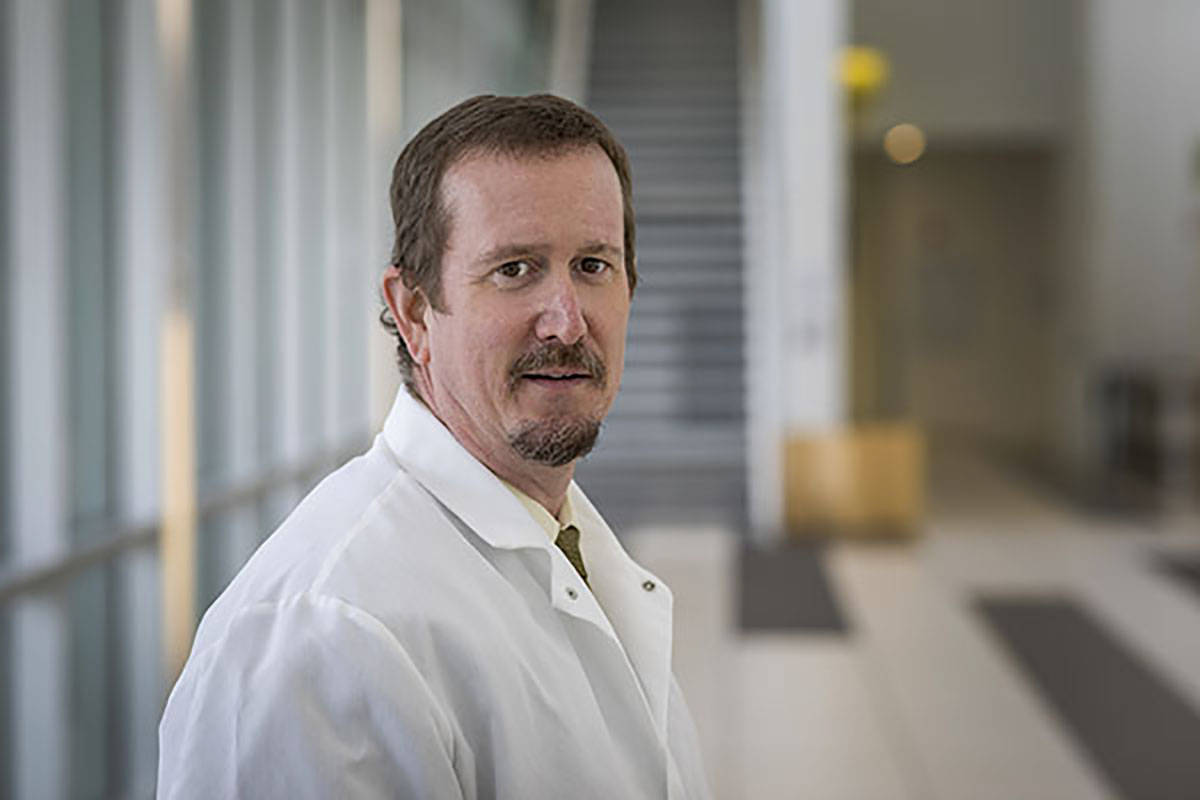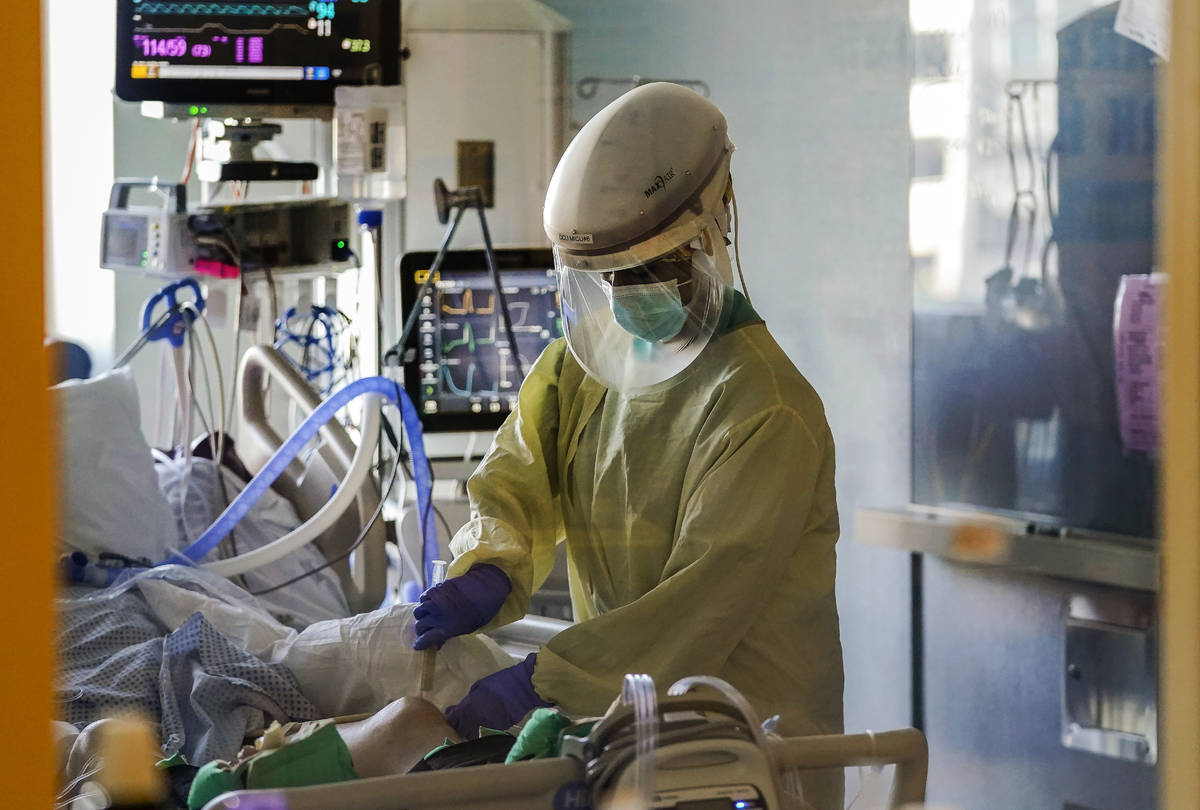California coronavirus variant among those spreading in Nevada
The director of Nevada’s public health lab isn’t too worried yet about a new pair of coronavirus variants first detected in California, despite one researcher there stating that “the devil is here” following the discovery.
The pair of California strains also have been found in Nevada, though there’s not enough data yet to show whether they are more dangerous than other variants, said Mark Pandori, director of the Nevada State Public Health Laboratory at the University of Nevada, Reno School of Medicine.
Not only are the strains already in both Northern and Southern Nevada, but they have been for several months, he said, and now account for about one-quarter of positive cases genetically sequenced by the lab. Despite their presence, Nevada’s case numbers and hospitalizations have been “dropping like a stone,” suggesting the variants, at least so far, have not caused a spike in disease, he said.
The strains — Pandori prefers the more technical term “lineages” — have a mutation in the spike protein that may make them more transmissible. It also is possible that the strains, called B.1.427/B.1.429, may have become more prevalent because they were transmitted through one or more superspreader events, resulting in multiplying new cases.
Researchers at the University of California, San Francisco who have been studying the California variants believe them to be more easily transmissible, the Los Angeles Times reported Tuesday. Their study’s results have yet to be published or reviewed by other scientists.
“We still need to learn a lot about these variants … but it doesn’t look like they’ve made the vaccines useless. It doesn’t look like they’ve taken the pandemic in a new direction,” said Brian Labus, an epidemiologist at UNLV’s School of Public Health and a member of Nevada Gov. Steve Sisolak’s medical advisory team.
The concern about any new variant is not only that it might be more transmissible but that it could be more virulent, meaning that it might make people sicker. Some early findings suggest that the California variants may be more deadly, but more studies will need to be done.
Scientists are closely watching the new variants, including ones out of the U.K., South Africa and Brazil. Nevada’s public health lab in Reno performs daily genetic sequencing on positive test results to track the spread of variants. The variants, if more transmissible or virulent, have the potential to reverse the downward trajectory of cases seen in Nevada and across the U.S. Current vaccines also may not be as effective against new variants.
The coronavirus is a relatively stable virus, but it will continue to mutate as long as it continues to spread, Pandori said.
There currently are 49 separate lineages or strains of the new coronavirus found in Nevada, Pandori said. The first known case of the South African variant in the state was detected this month in Washoe County. An eighth case of the U.K variant in Clark County was announced Wednesday by the Southern Nevada Health District. This most recent case involved a male in his 70s who did not require hospitalization and has recovered.
“If people get excited over every single variant of the virus, it’s going to be a long few months,” Labus said. “Because this is what happens with viruses: They mutate, they change, they respond to changes in their conditions.”
Contact Mary Hynes at mhynes@reviewjournal.com. Follow @MaryHynes1 on Twitter.











































